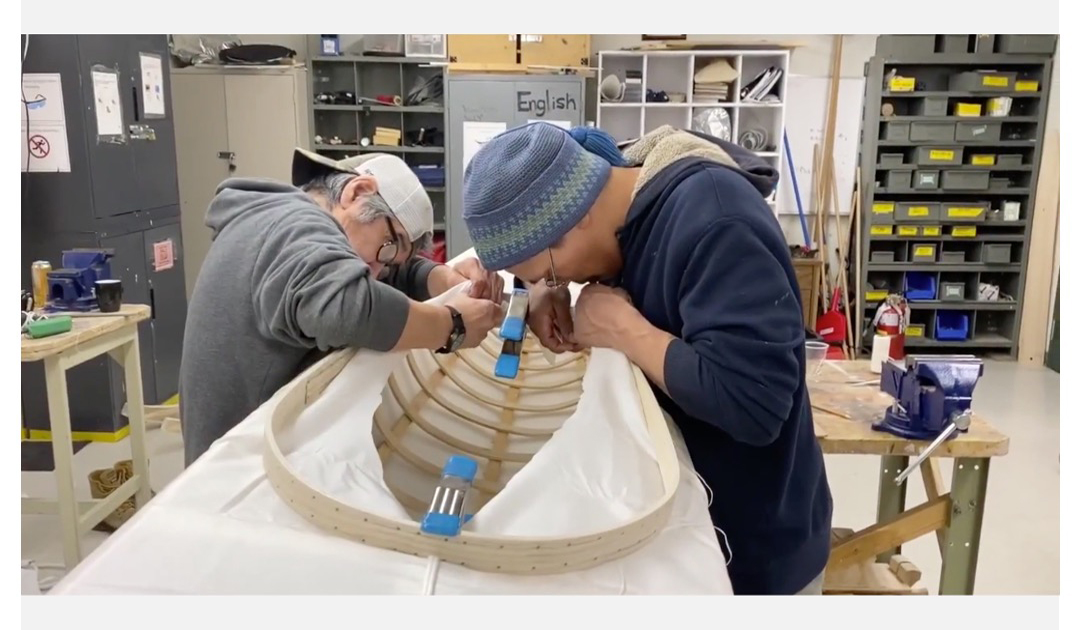
Qajaq building is putting Nunavik Inuit in touch with their past
Qajaq-building workshops are giving Inuit in Nunavik a way to connect with their roots

Qajaq-building workshops are giving Inuit in Nunavik a way to connect with their roots

The “Paasisavut” casting show chose the Greenlandic research star for 2023, but in the end the Greenlandic society and research also won.

A new digital youth is emerging for this system, which was invented 30 years ago by high school students in Alaska.

According to a study by the Norwegian information portal “studentum.no”, Longyearbyen is the most popular university town in Norway among students.
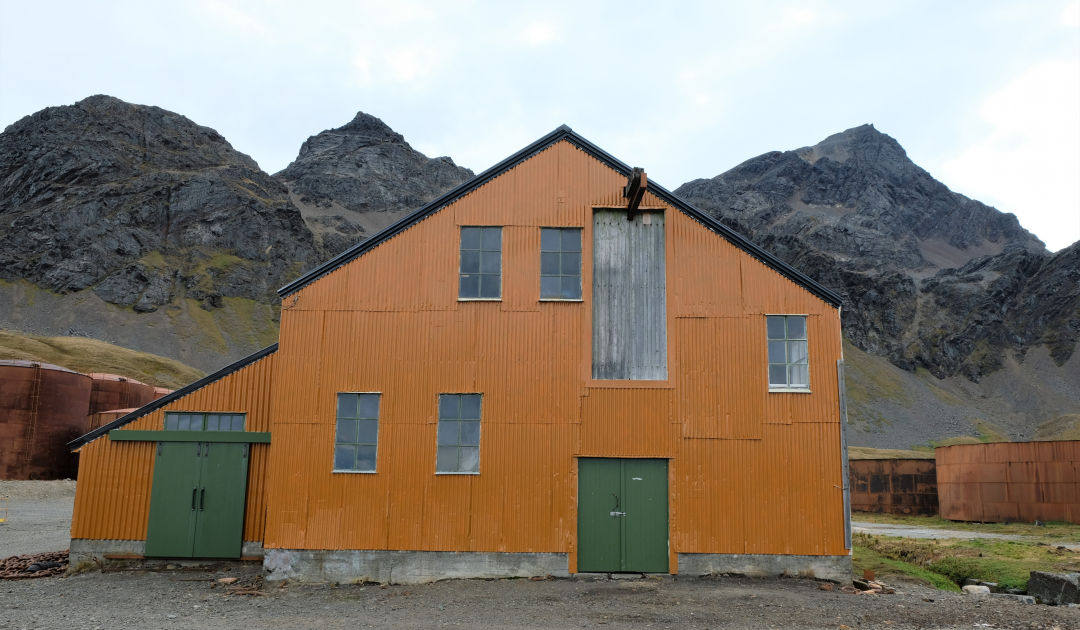
The museum in Grytviken has a new attraction, as the main whaling station store has been extensively restored and now opens its doors to visitors.
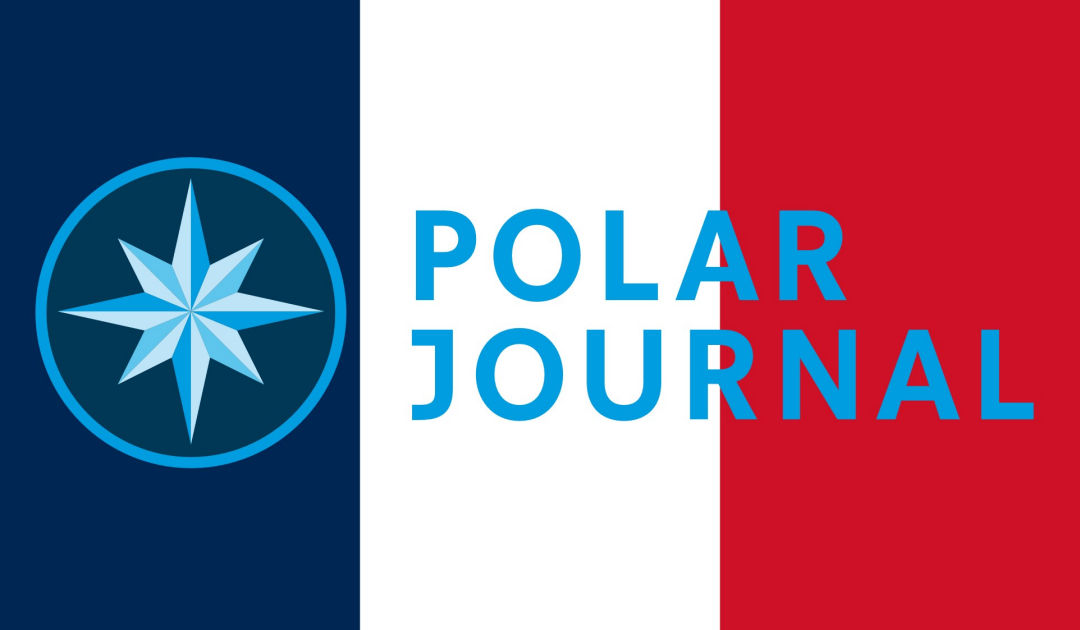
From now on, you can also find our articles and information in French and more platforms are also in the pipeline.

With her new book “NAchruf auf die Arktis” (Obituary for the Arctic), journalist, polar expert and author Birgt Lutz not only wants to show the problems of the Arctic using Svalbard as an example, but also to give courage for solutions

The TV format “Paasisavut” plans on bringing research projects in Greenland closer to the population via a casting show and has now presented its five finalists.
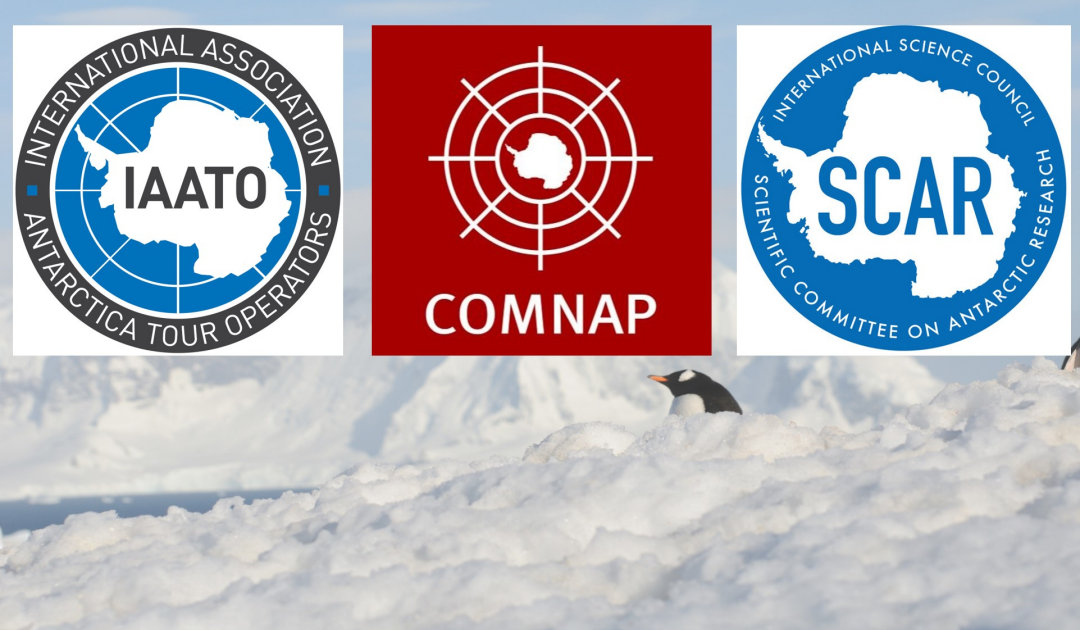
To further strengthen research in Antarctica and provide financial stimulus to young researchers, three of them will receive grants from three major institutions.
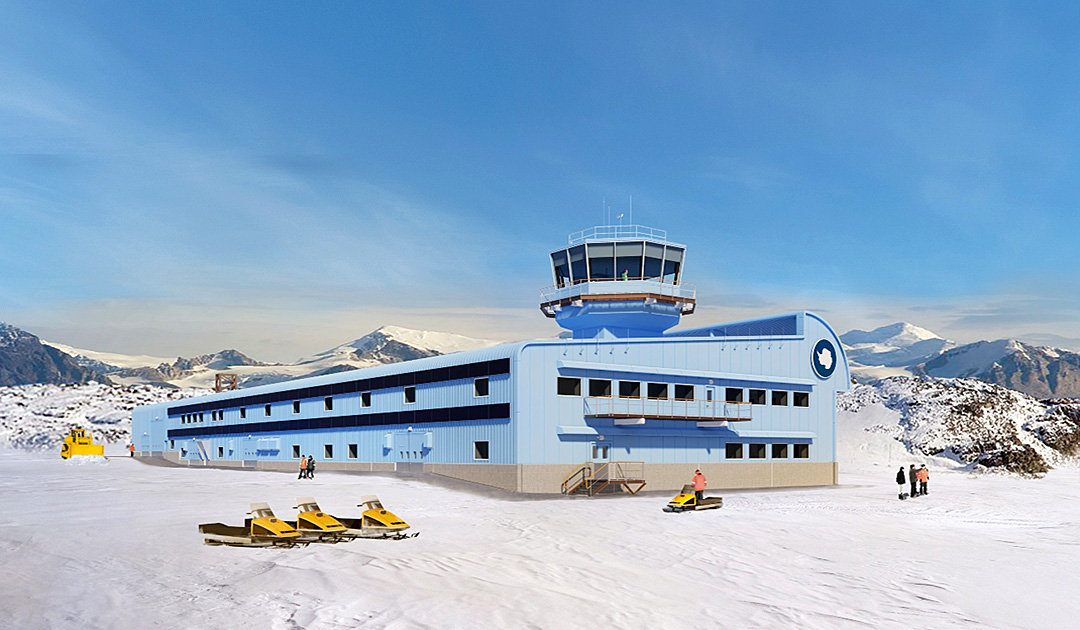
The British Antarctic Survey is calling for students 15 and under to enter an Antarctic station drawing contest.
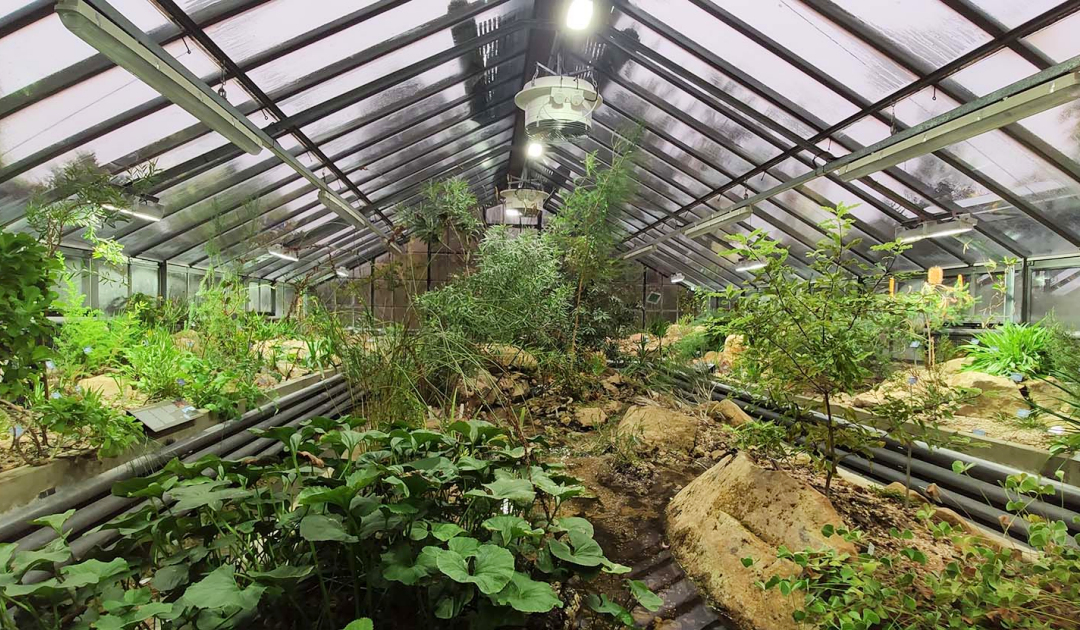
The Botanical Garden of the University of Bern opens a showhouse on the flora of the Southern Hemisphere and also displays Antarctic plants.
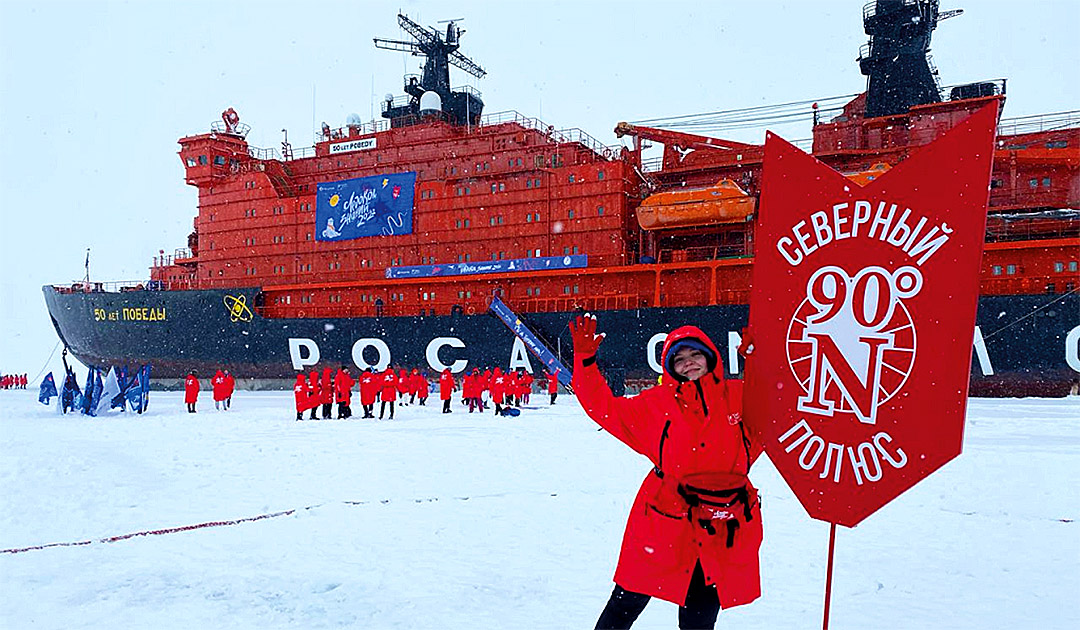
The icebreaker “50 Years of Victory” departed Murmansk for the North Pole in July 2022 as part of the “Icebreaker of Discoveries” expedition. On board were 70 school children.

The British television station BBC returns to the icy regions of the earth eleven years after the successful documentary series “Frozen Planet”.
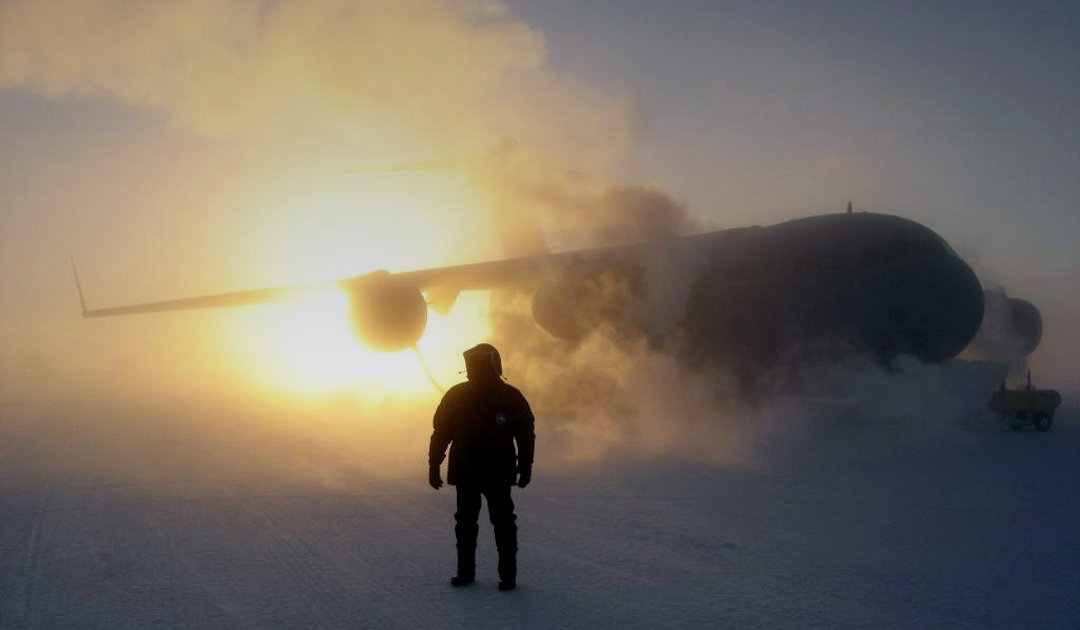
One of America’s leading sources of science funding is putting artists and teachers where the sun doesn’t shine (for half of the year)

Arctic Hub and the University of Greenland search for the best communicator among future researchers in Greenland via TV competition
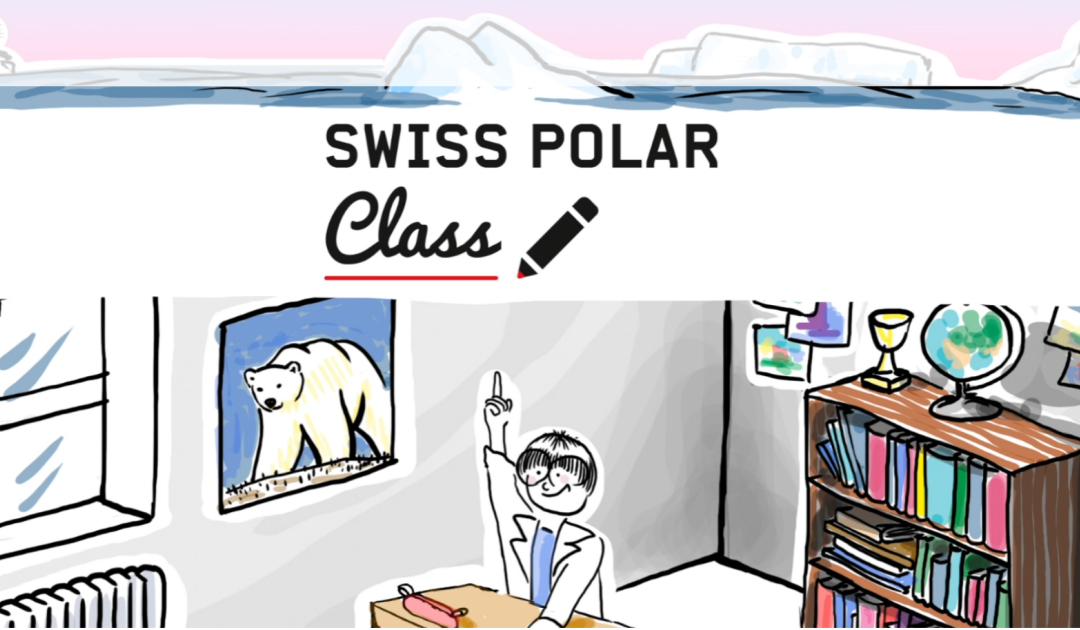
The “Swiss Polar Class” program by the Swiss Polar Institute brings the Arctic and Antarctic into Swiss classrooms and society.

Friederike Krüger, teacher, speaker and MOSAiC participant, calls for science to be more open to the public so that findings can be shared with everyone.
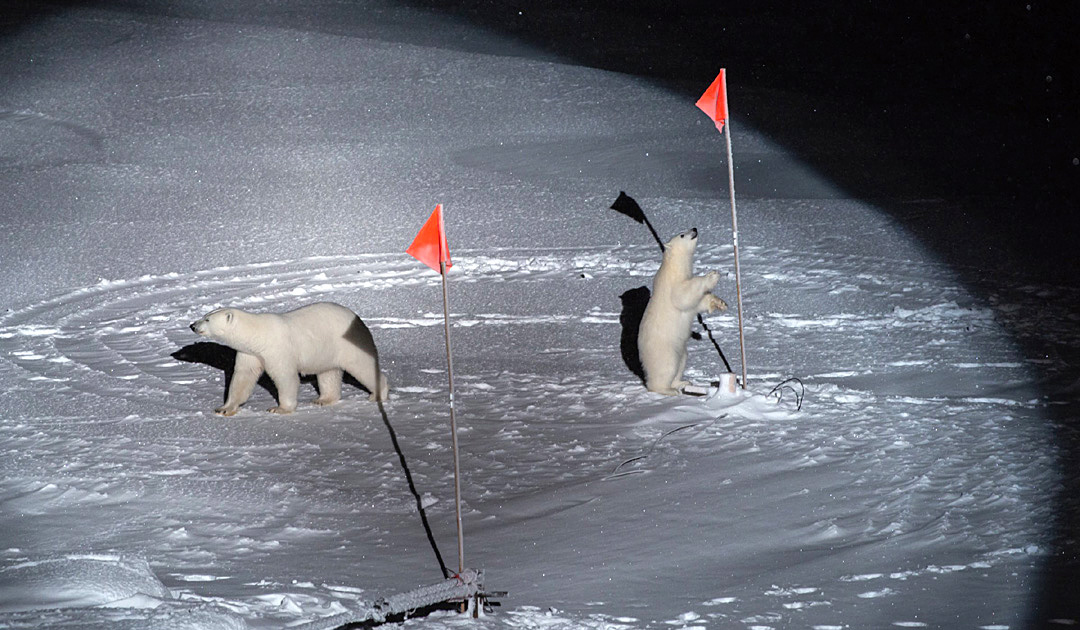
Today, the special exhibition about the Arctic expedition opens in Lucerne, Switzerland.

In honor of Amundsen’s 150th birthday, the New Zealand Antarctic Heritage Trust wants to take young explorers on an expedition to the South Pole.
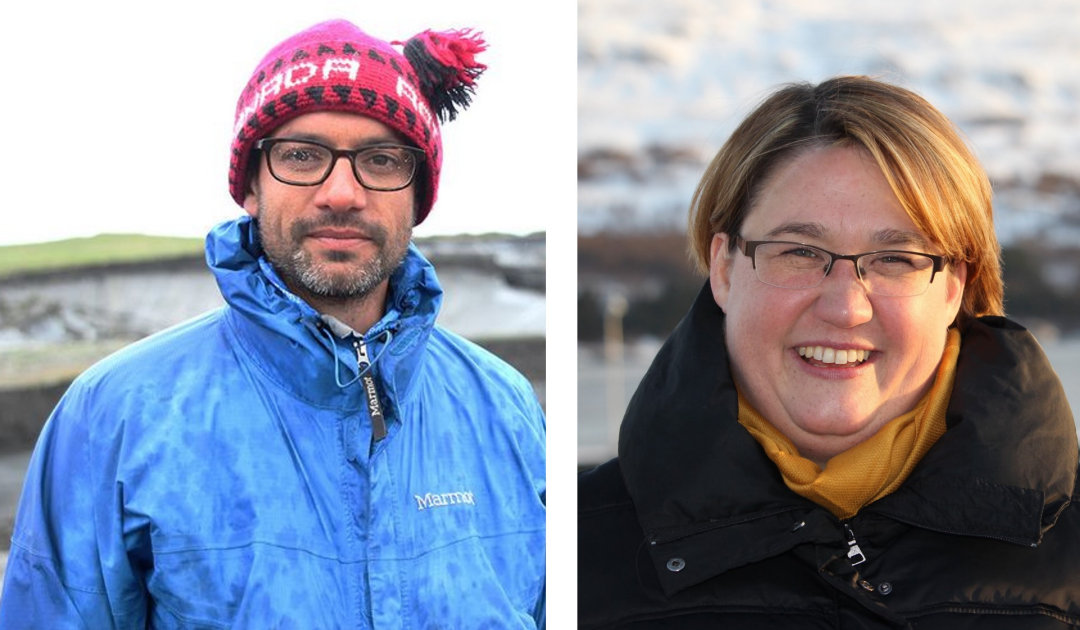
For the first time, the German Society for Polar Research awarded the prestigious “Carl Weyprecht” Polar Medal for achievements in the promotion of young scientists and for the first time to a woman.

This newly published book about U.S. Antarctic pioneer Edith “Jackie” Ronne excitingly expands on the influence of women on Antarctic history using her as a prime example.
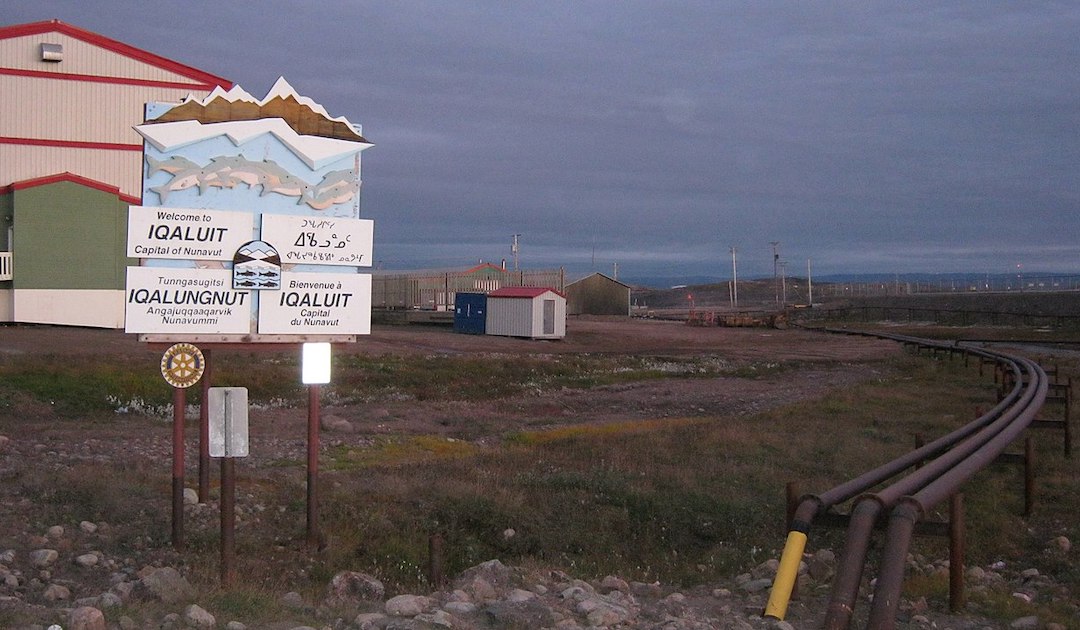
Artificial intelligence is being eyed as a way to keep traditional knowledge alive
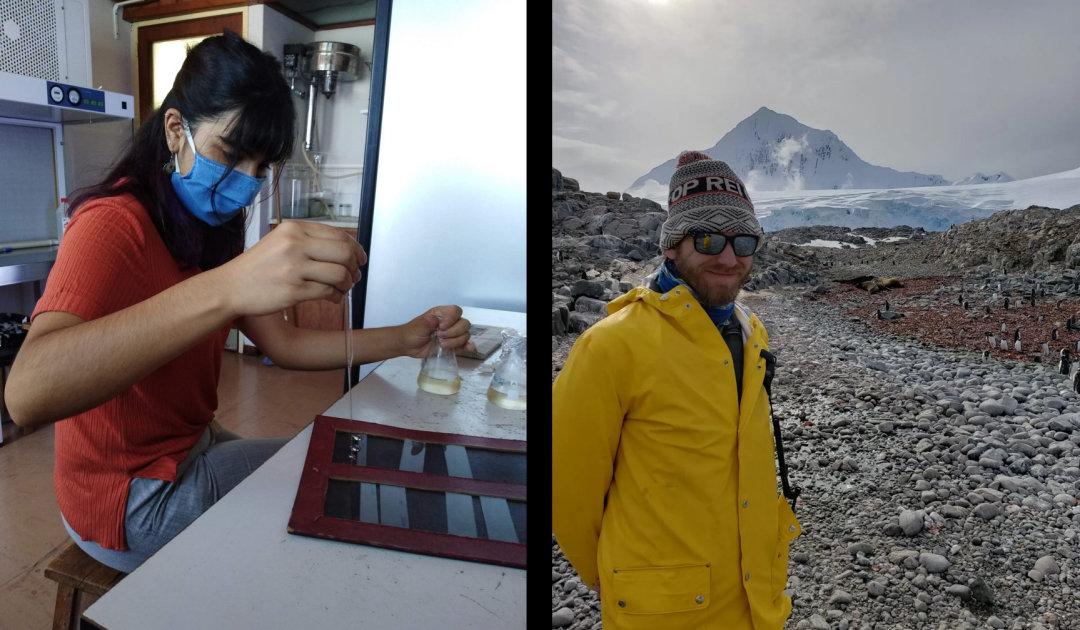
IAATO and national Antarctic research programs are again awarding fellowships and launching the search for young recipients.
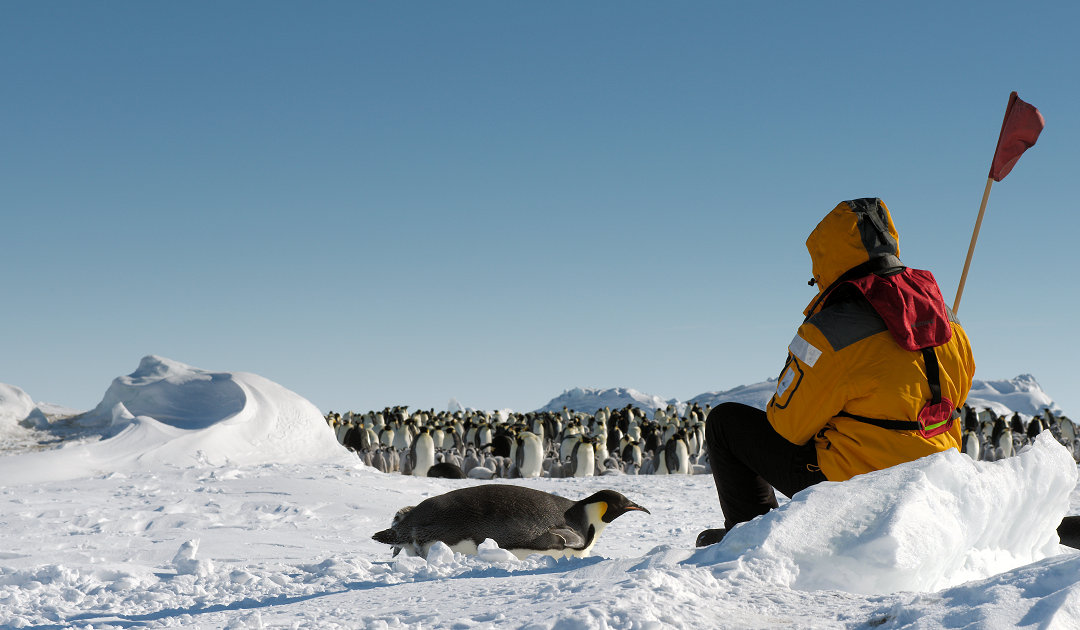
IAATO, the International Association of Antarctic Tour Operators, is strengthening its ambassador program and has officially declared April 25 as “Antarctic Ambassador Day.”